Diversity, Equity and Inclusion
Education Pathway
Health Equity/Social Determinants of Health
Leadership and Business Training
Medical Education
1055 - Finding the DEI in LGBTQIA: Incorporating LGBTQIA diversity in your environment
-
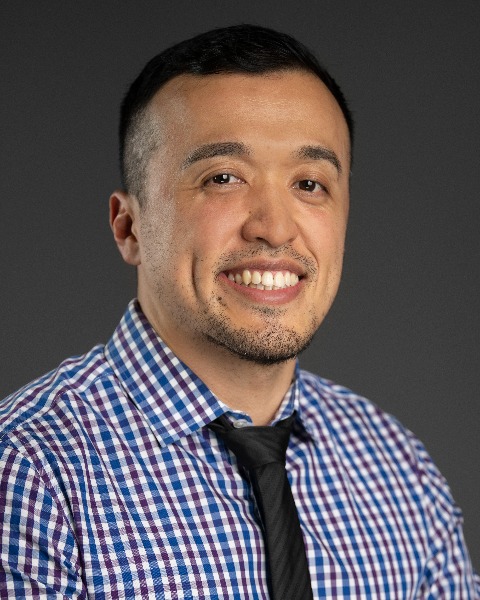
Ian Chua, MD, MHPE (he/him/his)
Assistant Professor, Pediatric Hospitalist
Stanford children's / children's national
Washington, District of Columbia, United States -
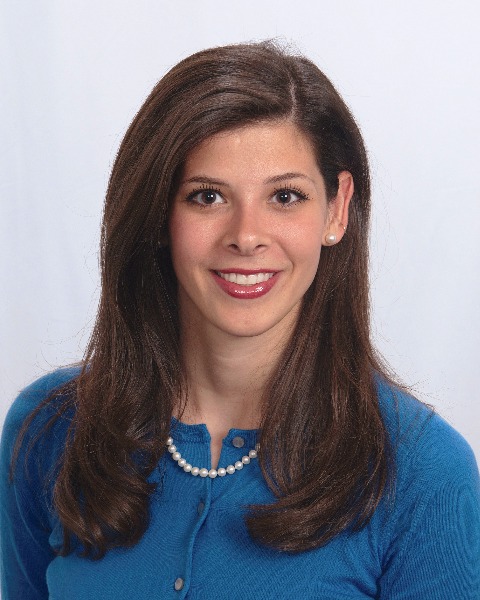
Margarita Ramos, MD, MS
Assistant Professor
Children's National Hospital
Arlington, Virginia, United States -
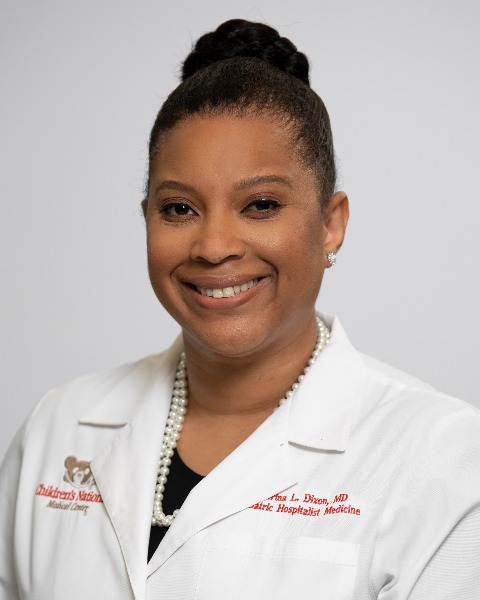
Gabrina Dixon, MD, MEd (she/her/hers)
Associate Professor of Pediatrics
Children's National Health System
Washington, District of Columbia, United States -
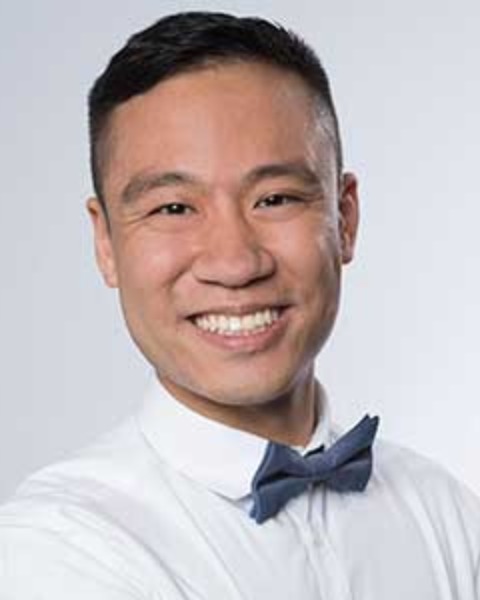
Kevin Chi, MD (he/him/his)
Clinical Assistant Professor
Stanford University
Castro Valley, California, United States -
HM
Heather McKnight, MD
Pediatric Hospital Medicine Professor
Pediatrics
UC Davis
Sacramento, California, United States -
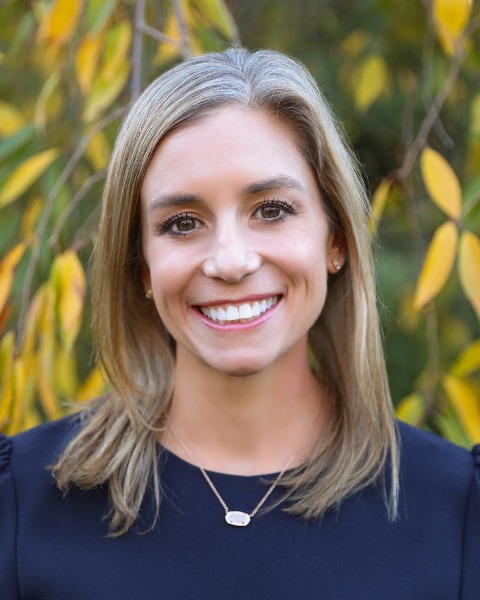
Jessica Allan, MD (she/her/hers)
Pediatric Hospitalist, Adjunct Clinical Associate Professor
Palo Alto Medical Foundation/ Stanford Children's Hospital
Palo Alto, California, United States -
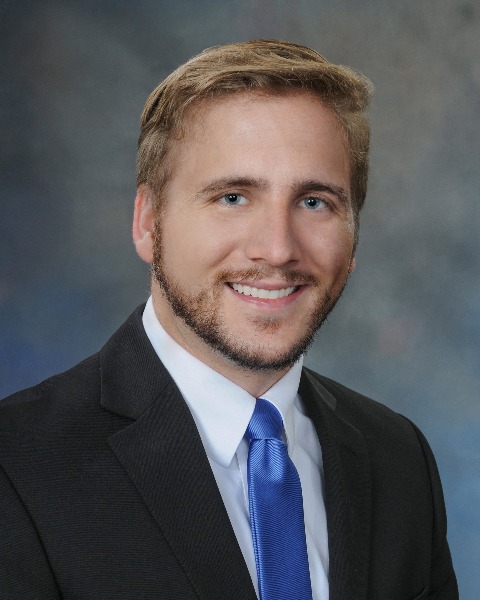
Zachary Pettigrew, MD (he/him/his)
Clinical Assistant Professor of Pediatrics
Cone Health
Durham, North Carolina, United States
Leader(s)
Co-Leader(s)
LGBTQIA diversity typically is not at the forefront when speaking of diversity, equity and inclusion (DEI) but overlaps with many issues including gender politics, discrimination, inclusivity, safety, racism, and nonconventional forms of expression. The challenges of the LGBTQIA community are at best cursorily understood to medical educators and faculty. This workshop highlights basic language, core definitions, and central issues that need to be understood in order to successfully incorporate LGBTQIA topics into student curricula, faculty development (particularly creating safe learning environments and workspaces), professionalism, scholarship, and advocacy.
Participants will first be introduced to the basic language, common definitions, and the minority stress sexual orientation and gender identity (SOGI) conceptual model to demonstrate thematic issues faced by the LGTBQIA community. Through dialogue and video presentations, facilitators will demonstrate how topics in the LGTBQIA space have evolved and arrived to the current state. Participants will then engage in debate surrounding workplace cases and scenarios met by LGTBQIA students and faculty. They will have the opportunity to learn from standardized best practices promoting LGBTQIA inclusive workplaces, recommendations for curricular and institutional climate changes for the improvement of LGBTQIA patient care, and real-life examples of successes in boosting student recruitment to residency, teaching, and scholarship. Facilitators will help participants actively build plans to immediately apply self-reflections from the workshop and transform them into action for targeted domains in their personal life and work settings such as in curriculum building, patient care, personal development, workplace/institutional culture change, and student support/advising.
